Warning: Trying to access array offset on false in /home/agwebs18pt/public_html/zenlawyerseattle.com/wp-content/plugins/add-post-footer/add_post_footer.php on line 379
Warning: Trying to access array offset on false in /home/agwebs18pt/public_html/zenlawyerseattle.com/wp-content/plugins/add-post-footer/add_post_footer.php on line 401
Warning: Trying to access array offset on false in /home/agwebs18pt/public_html/zenlawyerseattle.com/wp-content/plugins/add-post-footer/add_post_footer.php on line 203
Warning: Trying to access array offset on false in /home/agwebs18pt/public_html/zenlawyerseattle.com/wp-content/plugins/add-post-footer/add_post_footer.php on line 405
 Interview With Simon H. Rifkind (Litigation Journal Sept. 1984).
Interview With Simon H. Rifkind (Litigation Journal Sept. 1984).
Q. Judge there has been a great deal of criticism of the lack of ability of lawyers to try a case. Is this criticism valid?
A. Well, I have seen trials conducted with extraordinary skill, and great dramatic effect, in the best style that one could possibly imagine. I have also seen trials that were bumbling and poorly done. That’s always been true… . I’m not aware of any decline in the capacity of trial lawyers.
Q. What are the requirements of a successful trial lawyer?
A. It is essential a trial lawyer come into the courtroom knowing his case.
A, He must know the facts.
B, He must know what he is trying to establish.
C, must have a strategy and a program for achieving it.
To illustrate when I was a Federal District Court Judge for the Southern District of New York I would occasionally have a lawyer come up and say: “Does your Honor want an opening statement?”
To me this is a foolish inquiry. It is like the producer of a play opening the curtain and saying: “Members of the audience, would you like a prologue or would you rather do without one?”
Q. So what would you do to become a quality trial lawyer?
A. Now of course experience helps. A good apprenticeship is helpful. Emulating a master of the art is always a useful thing, but I have always said you have to be yourself. I can’t overstate the point that every trial is theatre, every trial lawyer is a performer, and he must have his style. He has to be himself, natural to himself, compatible with his spirit, with his physical well being, with his appearance, with his dictation, with his style.
Q. Do you try a case before a jury different than a bench trial.
A. I do not distinguish between a jury trial and a non jury trial. I regard a non-jury trial as a trial before a one person jury.
You have an audience, you are writing a play in competition with another playwright who is trying to write a different play. It takes a lot of skill and effort, but it is theatre, there is no question about it. Any significant trial is a contest, and every contest involves a sense of emotional tension.
The only difference between a bench trial and a jury trial is in a bench trial we have a very experienced theatre goer. Nonetheless, a theatre goer with emotion and a heart waiting to decide for the better play.
(Edited by PAT).
Post Footer automatically generated by Add Post Footer Plugin for wordpress.


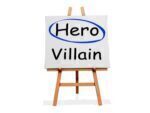 Beginning in law school law school I knew I wanted to be a trial lawyer. This meant studying trial lawyers. I started with Simon Rifkind. From Rifkind I learned trials are plays.
Beginning in law school law school I knew I wanted to be a trial lawyer. This meant studying trial lawyers. I started with Simon Rifkind. From Rifkind I learned trials are plays.  In his Fourth Book, The Book of Wind, Musashi concludes by stressing the traits of a warrior. Applied to the trial lawyer these traits are:
In his Fourth Book, The Book of Wind, Musashi concludes by stressing the traits of a warrior. Applied to the trial lawyer these traits are: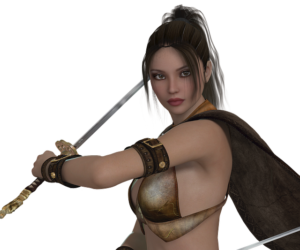 In Musashi’s third book, The Book of Fire, Musashi concentrates on the spirit of the warrior/trial lawyer:
In Musashi’s third book, The Book of Fire, Musashi concentrates on the spirit of the warrior/trial lawyer: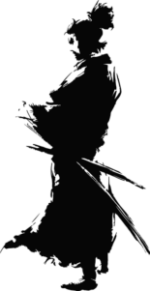 With Musashi’s second book, The Book of Water, I continue with the warrior/trial lawyer metaphor:
With Musashi’s second book, The Book of Water, I continue with the warrior/trial lawyer metaphor: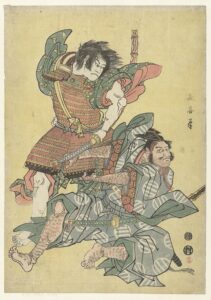 Gerry Spence
Gerry Spence 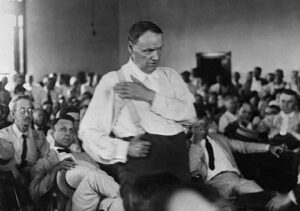 In Merton & The Tao (Dialogues with John Wu) we learn the Chinese concept of The Dao: ” The Cosmic Dao is imminent, always present and always emerging. It is creative but is not a supreme creator god who gives birth to the world through
In Merton & The Tao (Dialogues with John Wu) we learn the Chinese concept of The Dao: ” The Cosmic Dao is imminent, always present and always emerging. It is creative but is not a supreme creator god who gives birth to the world through 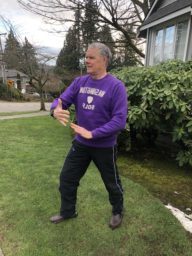 Movement has an important role in how our message is received. Movement communicates at the subconscious level. The subconscious level is where our emotions lie. Emotion is a prime motivator in decision making.
Movement has an important role in how our message is received. Movement communicates at the subconscious level. The subconscious level is where our emotions lie. Emotion is a prime motivator in decision making. 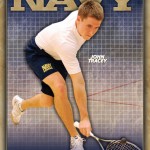 Years ago when the Naval Academy started their squash team they competed with Ivy League schools who had established squash traditions. They were initially out matched but built a winning tradition based on the following philosophy:
Years ago when the Naval Academy started their squash team they competed with Ivy League schools who had established squash traditions. They were initially out matched but built a winning tradition based on the following philosophy: Here are preparation notes for cross examination of defense medical expert in a personal injury case:
Here are preparation notes for cross examination of defense medical expert in a personal injury case: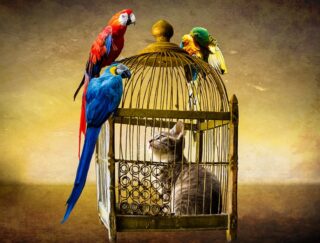 Harper Lee in To Kill A Mockingbird says [“y]ou never really understand a person until you consider things from his point of view.” As a trial lawyer it is essential for me to understand this reality. One way to do this is role reversal.
Harper Lee in To Kill A Mockingbird says [“y]ou never really understand a person until you consider things from his point of view.” As a trial lawyer it is essential for me to understand this reality. One way to do this is role reversal.